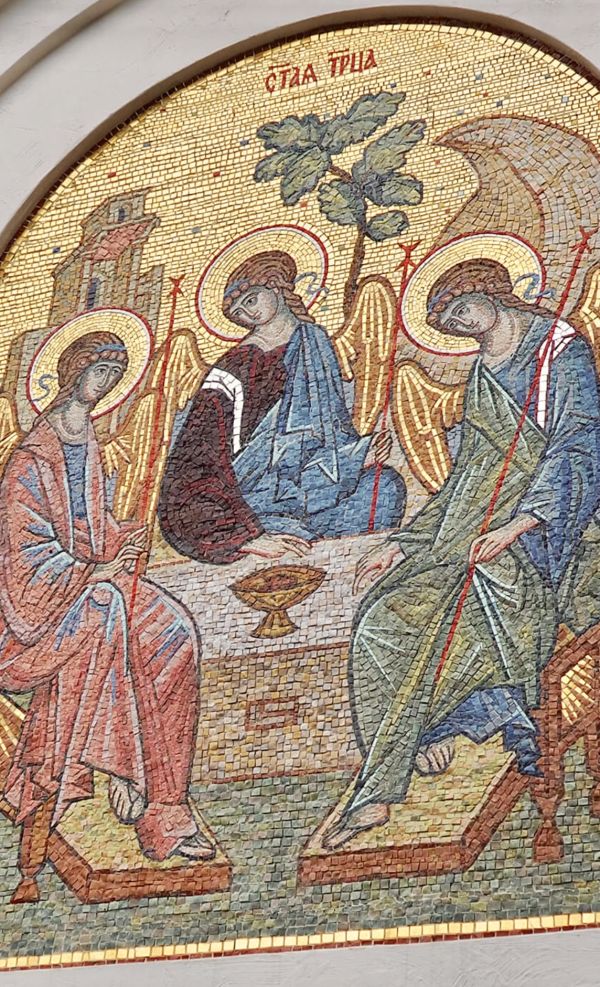Faith and religion. Turnover in the Church
(Lk 6:20-26)
Jesus judges the configuration of the world in which his Church, in the Spirit, finds herself living: rich and destitute [in many ways], prominent and invisible figures.
Situation that does not reflect conditions of fullness life; rather - even today - it makes bitter blood to many.
A false and not definitive reality, exasperating, wich the Lord absolutely denounces not to like among his intimates: that of praised dominators (despite the selfish abuse of goods and positions) and insignificant subjected.
Devoid of high-sounding titles, the young Rabbi turns from bottom to top (v.20) to those who have freely chosen his proposal of fraternal existence and sharing of property [in Mt «poor "for" the Spirit (of love)»].
He is pleased [«Blessed»] with the choice of his apostles, which makes us enjoy the experience of harmony with the Master. A different Vision, and the reciprocity, that is, the same quality of God’s life.
Already here on earth the critical prophets testify to the possibility of a different perception of things, as well as the Dream of a society based on coexistence - in the exchange of benefits.
A bud of hospitable world - which Lk wants to encourage - where there is no above and below or front and behind: only humanizing upheavals (such as the reversal of roles) that strengthen the fabric concorde.
Also in his House there must be rotation and reversal of prominent figures and tasks. The change is the sign of the Kingdom that comes; able to sharpen sensitivity to Communion.
In the documents of ancient literature little is spoken of the poor, voiceless and hungry. The focus was on the rich, the heroes, the rulers and generals. The overthrow of fate was unimaginable.
On the contrary, the new powerful of the Kingdom of God are those who feel the Son present, pulsating in their hearts, Risen in them.
They do not keep for themselves, but transform goods, goals, titles and ministries into Life and Relationship.
What is decisive and conclusive is the construction of this unusual type of Church [Kingdom].
Germ that deviates from the unilaterality of relationships. With enrichment and alternation, where everyone feels adequate, no longer pointed out.
In the adventure of Faith-Love there is always mutual recognition.
The offices, the assignments, alternate incessantly.
Indeed, excessively centered relationships of subjection annihilate the living Gifts of God; they produce deep, paralyzing wounds.
They reduce Creator and creature to silence [and opacity]: a paradoxical self-condemnation.
But Christ clearly distinguishes what makes Blessed - complete, not one-sided - and what does not belong to and does not resemble the full work of the Father.
He does it not simply by admonishing, but by uniting us and expanding our Core; by lubricating the intimate, best essences - of all people.
In proclaiming the Beatitudes, the Risen Jesus wants to communicate [especially in his Churches, which seem to him to have need it so much] a less schematic and partial energy, more permeable and confluent; an inclusive rhythm.
And to everyone gives permission to live.
[6th Sunday in O.T. (year C), February 16, 2025]












